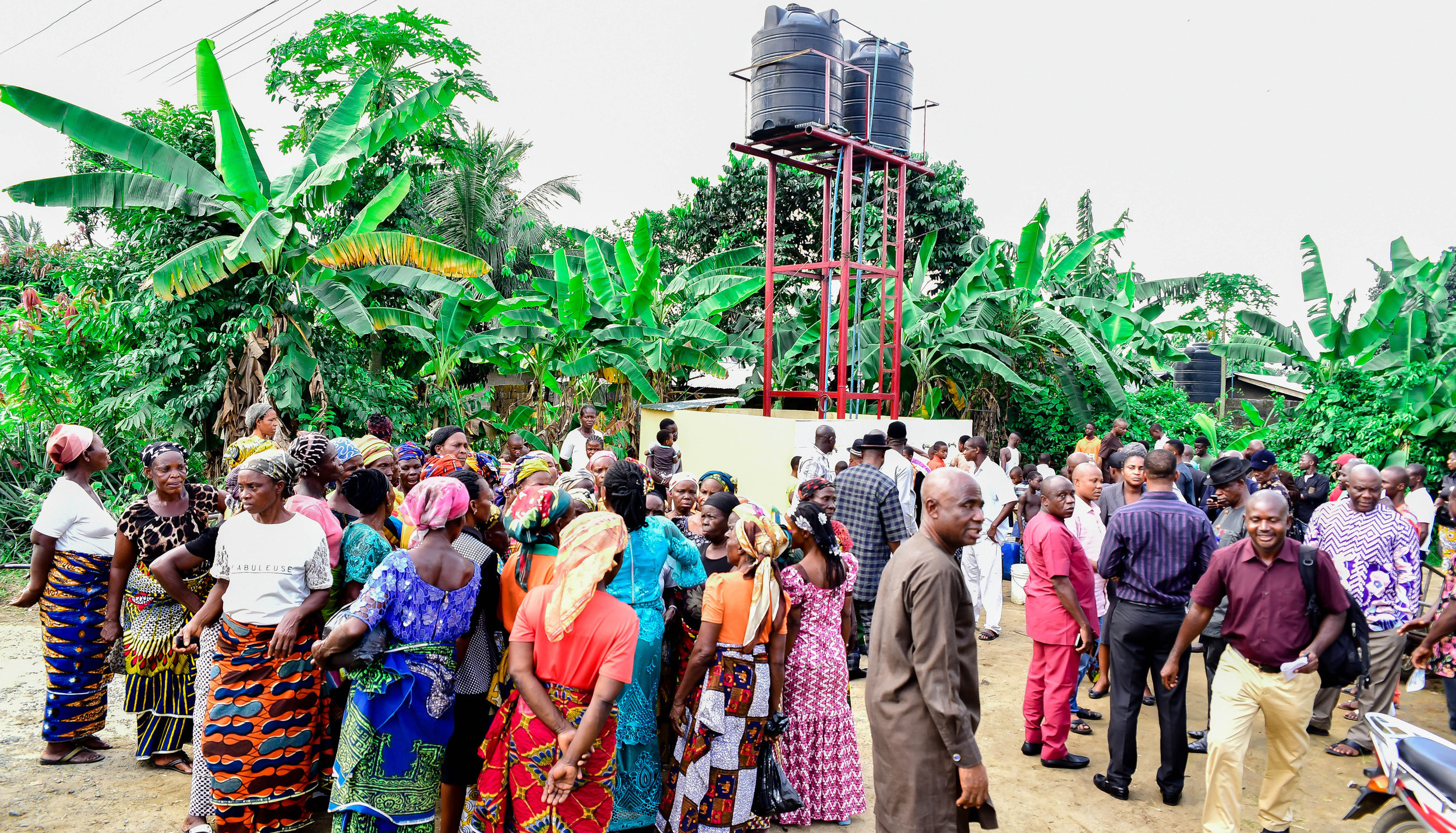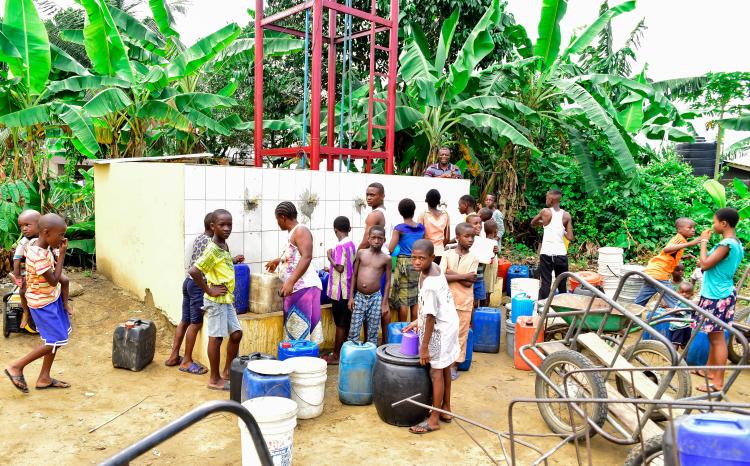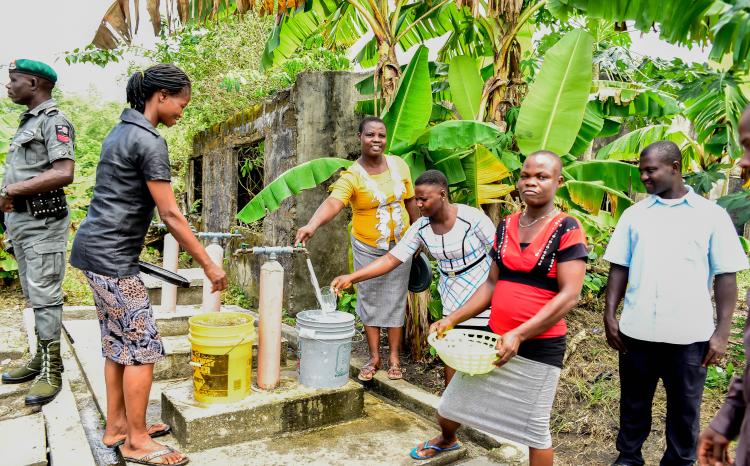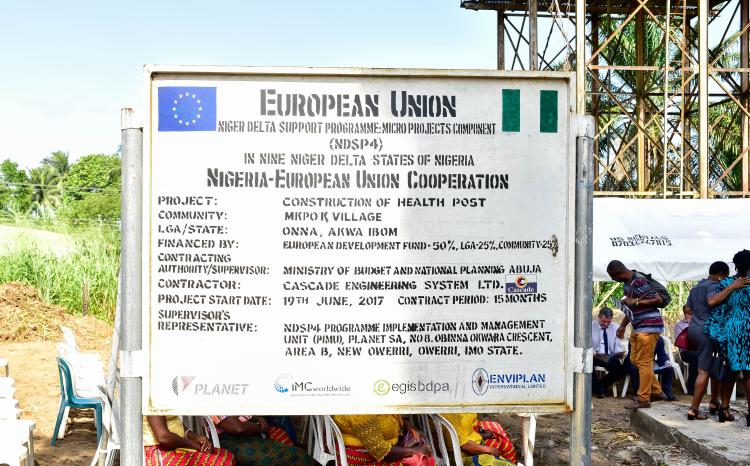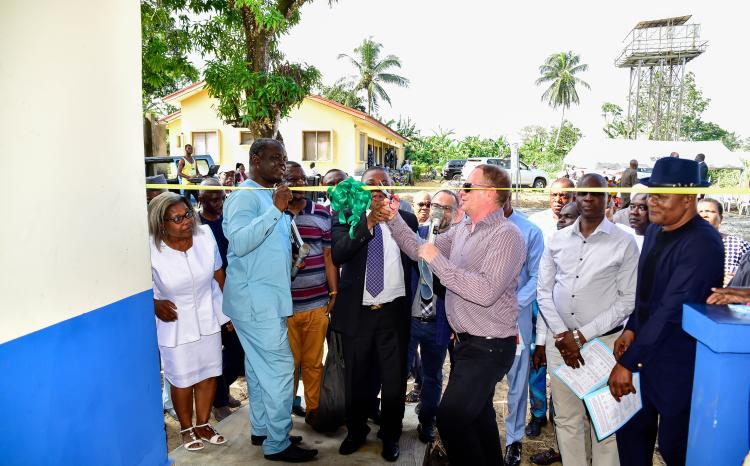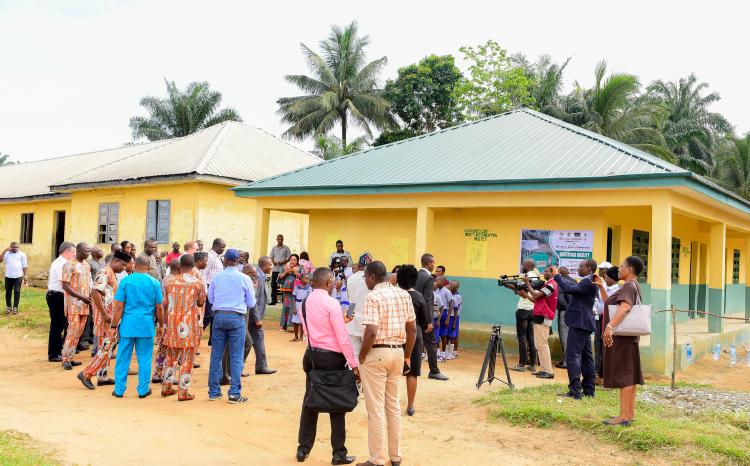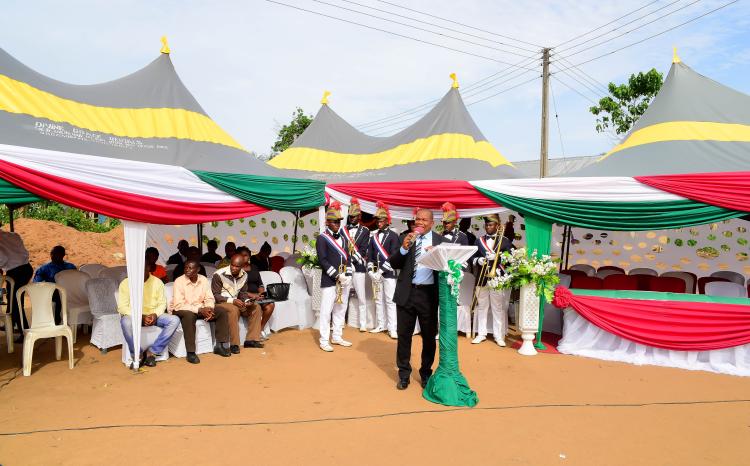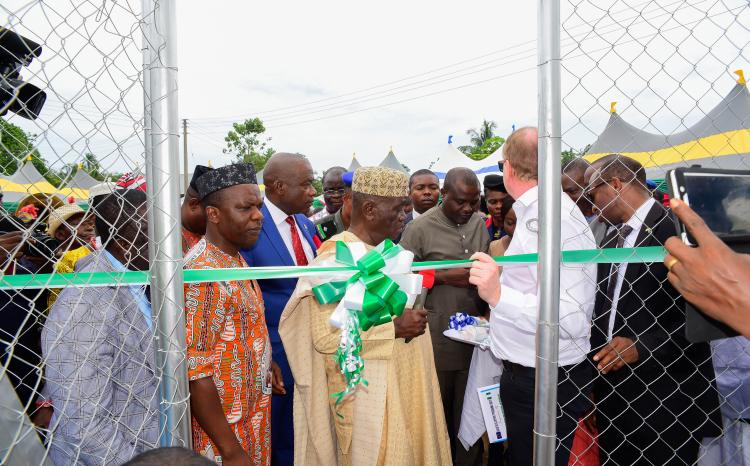Addressing Poverty and Infrastructure Deficits in the Niger Delta
The Niger Delta region of Nigeria, encompassing nine states (Abia, Akwa Ibom, Bayelsa, Cross River, Delta, Edo, Imo, Ondo, and Rivers), faced longstanding challenges of poverty, inadequate infrastructure, and limited economic opportunities. Despite previous interventions, many communities continued to struggle with poor access to essential services such as water, health, and education. Additionally, environmental degradation, social unrest, and high levels of unemployment further exacerbated the region's instability. The need for basic infrastructure improvements and income-generating opportunities was critical to fostering development, reducing conflict, and promoting sustainable livelihoods in these underserved communities
